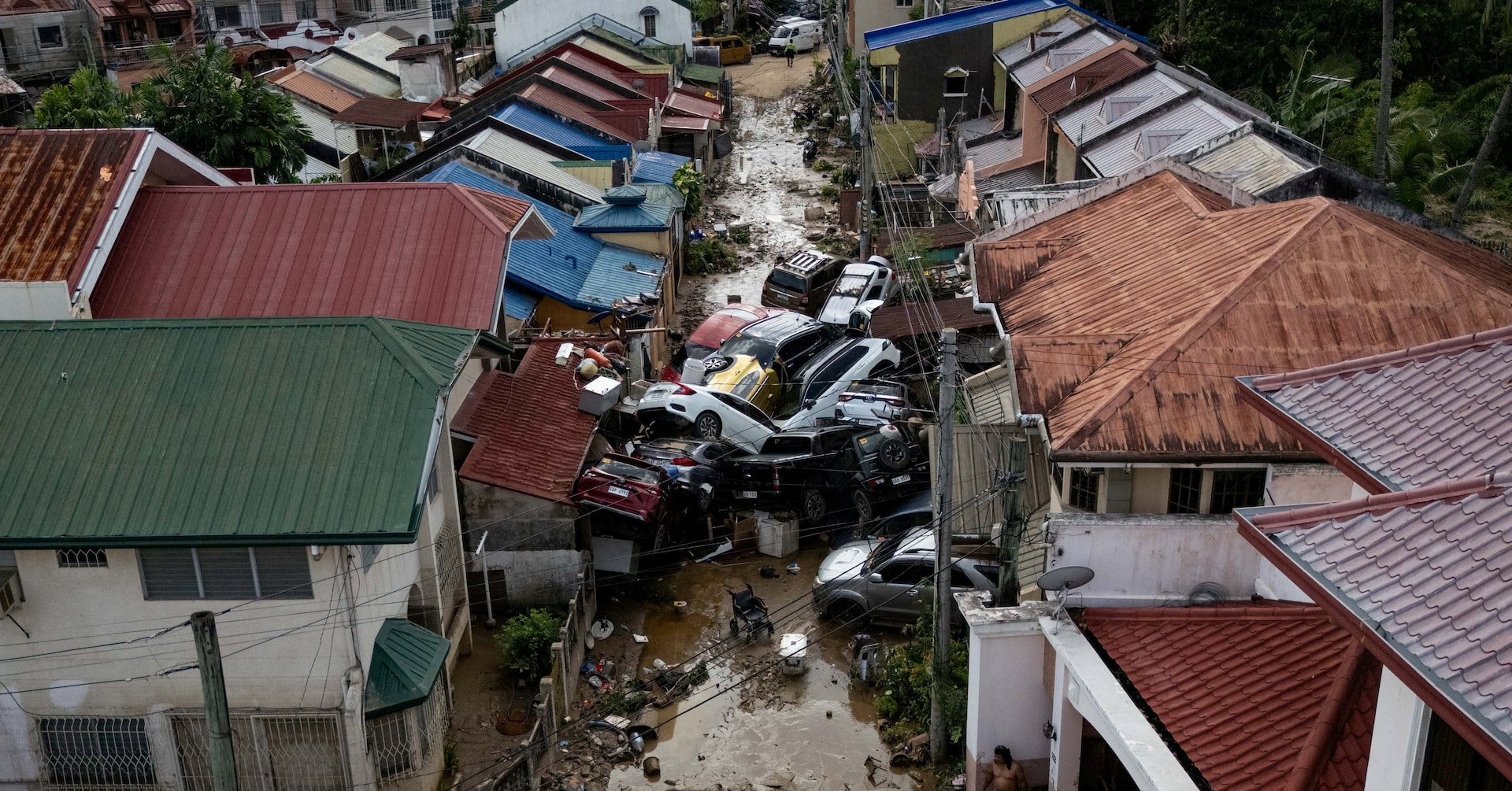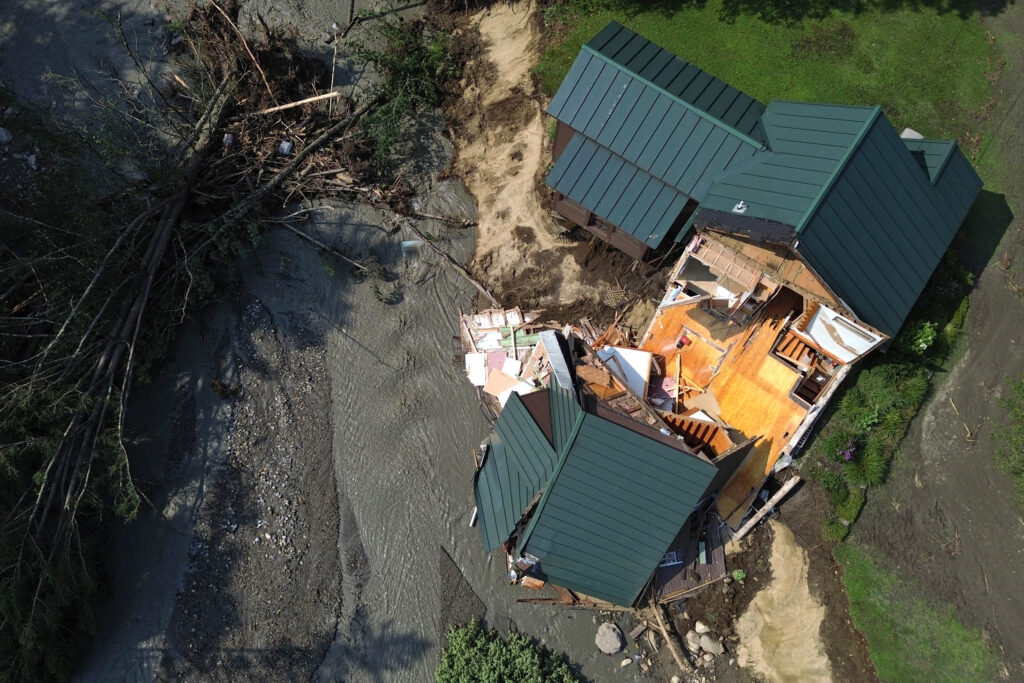Copyright Reuters

Nov 6 - This is an excerpt of the Sustainable Switch newsletter, where we make sense of companies and governments grappling with climate change, diversity, and human rights on Tuesdays, Thursdays and Fridays. Sign up here. Hello, This year’s United Nations climate summit, COP30, is taking place amid a daunting backdrop as the death toll in the Philippines from Typhoon Kalmaegi rose to 114, with another 127 people still missing. The storm that devastated the country's central regions regained strength as it headed towards Vietnam. In Vietnam's Gia Lai province, authorities expected to have evacuated some 350,000 people by the middle of the day as they warned of heavy rains and damaging winds that could cause flooding in low-lying areas and disrupt agricultural activity. Even as Typhoon Kalmaegi, locally named Tino, left the Philippine monitoring zone, weather forecasters were tracking a brewing storm east of Mindanao that could strengthen into a typhoon, raising concerns for potential impact early next week. Scientists say storms are intensifying faster and more frequently as a result of warming ocean waters driven by greenhouse gas emissions. As leaders gather for the U.N. climate summit in Belem, Brazil, from today till November 21, the data charting progress in the fight against global warming tells a sobering story. Extreme 2.3- 2.5 C of warming Despite years of negotiations, pledges, and summits, greenhouse gas emissions have climbed by a third since the first COP meeting three decades ago; fossil fuel consumption continues to rise; and global temperatures are on track to breach thresholds scientists say will unleash catastrophic damage to the planet. In fact, the United Nations Environment Programme said that countries will not prevent warming from exceeding 1.5 degrees Celsius, which was the main goal of the Paris Agreement brokered a decade ago. Instead, the world is on track for extreme warming of 2.3 C to 2.5 C. Global greenhouse gas emissions have increased by 34% since 1995. While this is a slower rate than the 64% rise in the three previous decades, it still represents a trajectory incompatible with climate stability, according to scientists. Global temperatures have already surged past that 1.5 C mark in some years, with 2023 and 2024 ranking among the hottest on record, although the 30-year rolling average – the benchmark used by the Paris deal – is still below that level. Not all doom and gloom The numbers suggest that the world is headed down a disheartening path. But is global climate diplomacy failing, or have the gatherings succeeded in ways that raw data cannot capture? Simon Stiell, the head of the U.N. Framework Convention on Climate Change (UNFCCC), said the annual climate meetings are helping. "But clearly much more is needed, and much faster, as climate disasters hit every country." Stiell told Reuters that without the COP process, world temperatures would be headed for a catastrophic 5 C increase, instead of the under 3 C rise that is now projected. And, on the other side of the ledger, solar and wind power adoption has accelerated, electric-vehicle sales have surged globally, and energy efficiency has improved, according to data from the International Energy Agency. Global investment in clean energy reached $2.2 trillion last year, surpassing the $1 trillion invested in fossil fuels, according to IEA data. COP30 has been billed as an “implementation COP” that will focus on taking action to fulfil past pledges, rather than haggling in political negotiations over new pledges. Want to keep up with what COP30 means for business leaders? Then check out my dear colleague Ross Kerber’s Sustainable Finance newsletter for more. ESG Spotlight Today’s spotlight continues the trend from last week on how to make a career pivot as Greek rice farmers are tapping into a new revenue stream – selling their cheap, broken rice to wedding-goers, instead of discarding it or using it for animal feed. The tradition of tossing rice over newlyweds has become a wasteful problem in the Mediterranean country, say farmers, who estimate that nearly 200 metric tons of edible, full-grain rice are lost this way each year. Under a new initiative, a cooperative in northern Greece's Chalastra, a major rice-growing region, has since May sold over three tons of broken rice rebranded and sold in white sacks labelled "wedding rice". Think your friend or colleague should know about us? Forward this newsletter to them. They can also subscribe here. Editing by Tomasz Janowski



